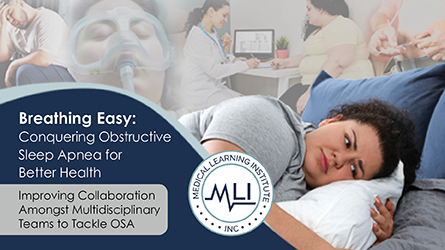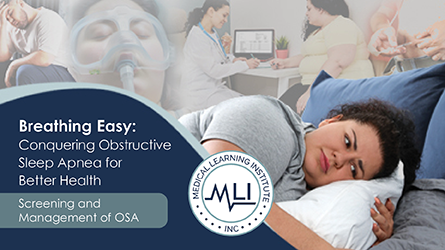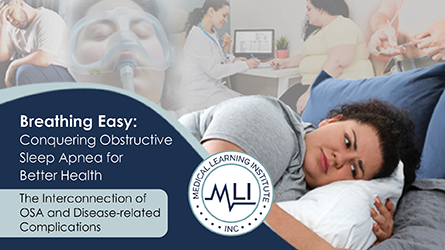- On-Demand
Dermatology Dialogues | Gaining and Maintaining Flare Control in Moderate-to-Severe Atopic Dermatitis: Enhancing Patient Quality of Life
- Credit: 1.0hr(s)
- AAPA, ABIM, CME, IPCE, MOC
- December 22, 2023 —
- December 21, 2024
- Therapeutic Areas: Allergy, Dermatology
- Specialties: Atopic Dermatitis
- Location: Internet Activity Enduring
This 4 part-15 minute segmented vodcast/podcast will unite dermatology and allergy clinicians, who provide care for patients with moderate-to-severe atopic dermatitis (M-S AD).







